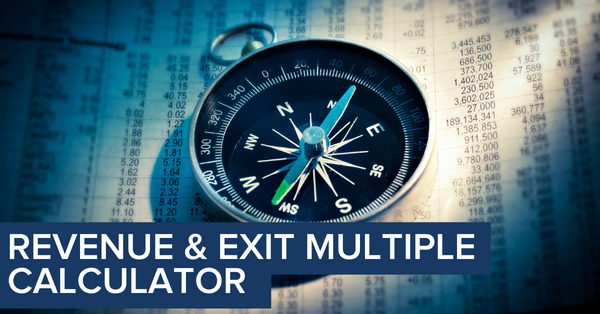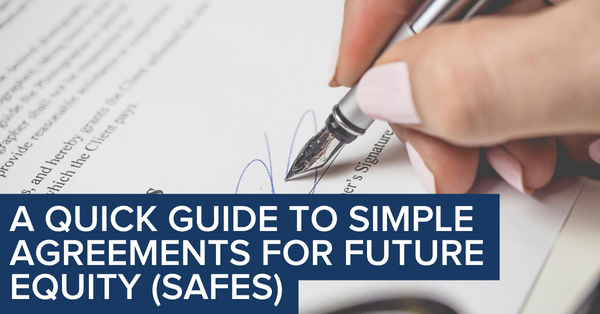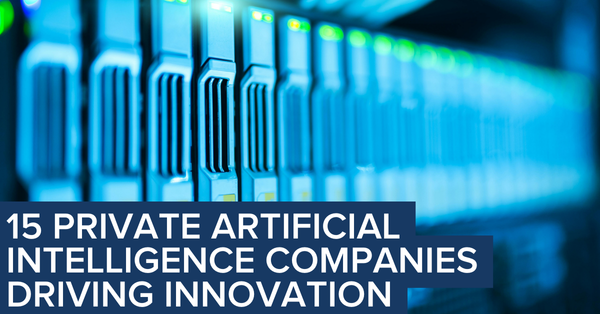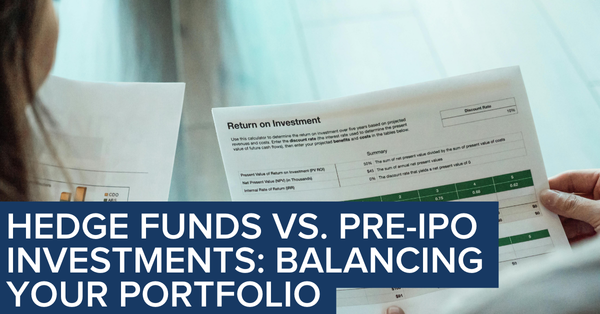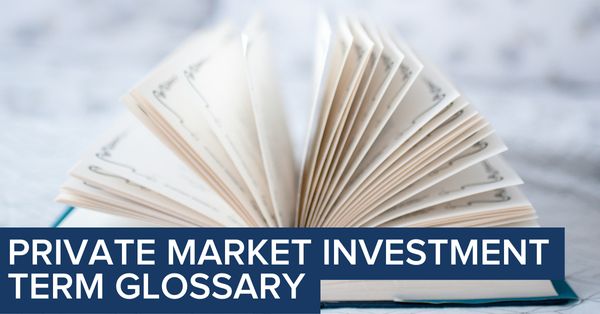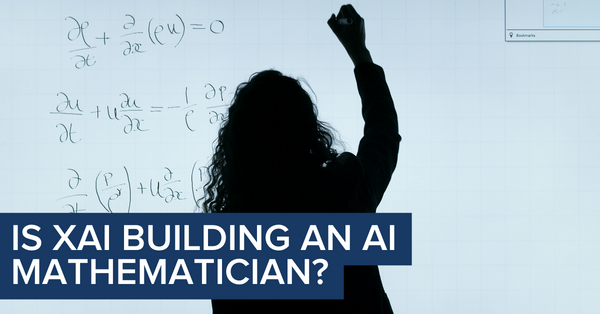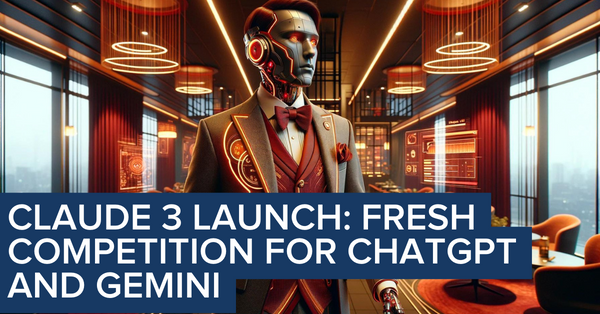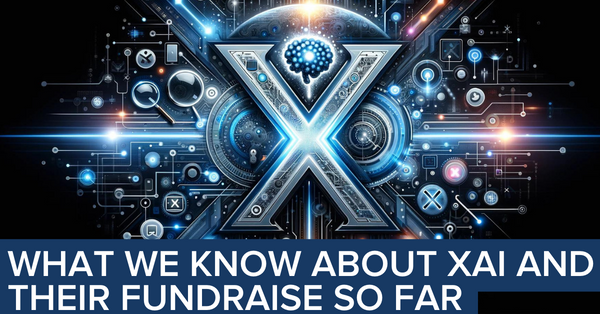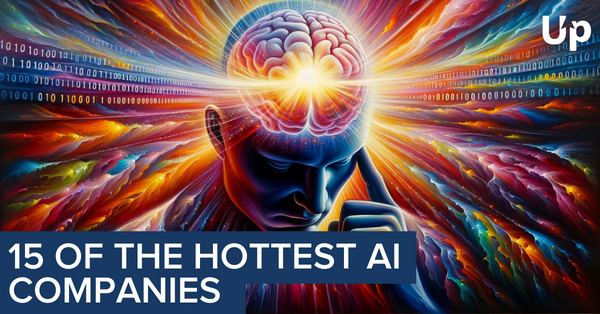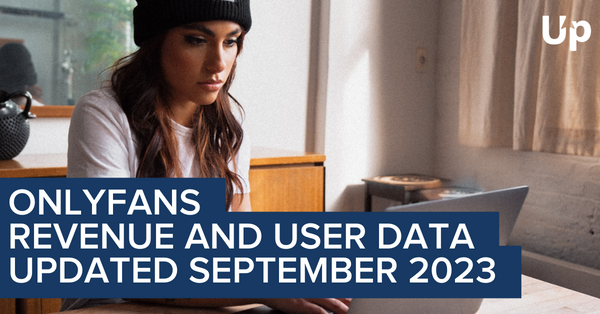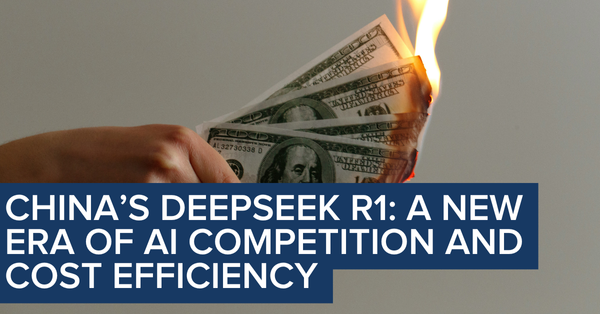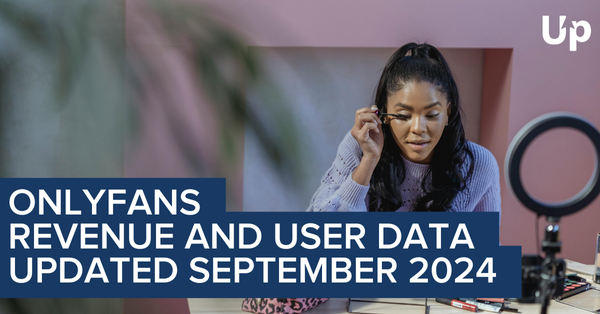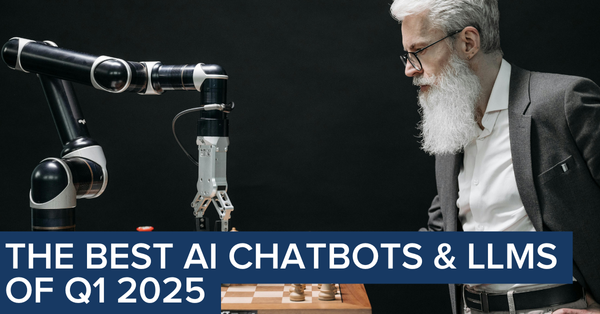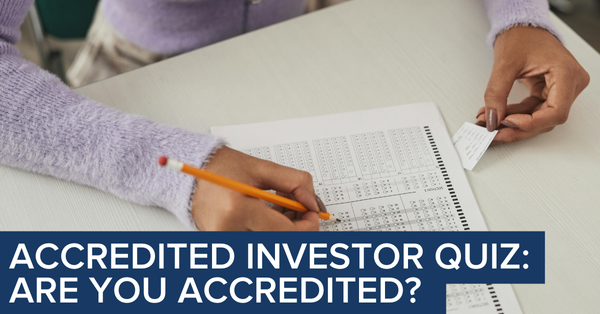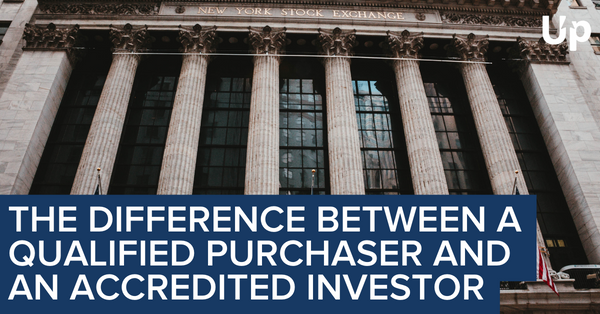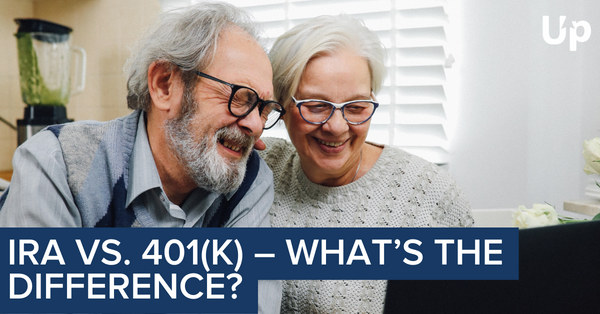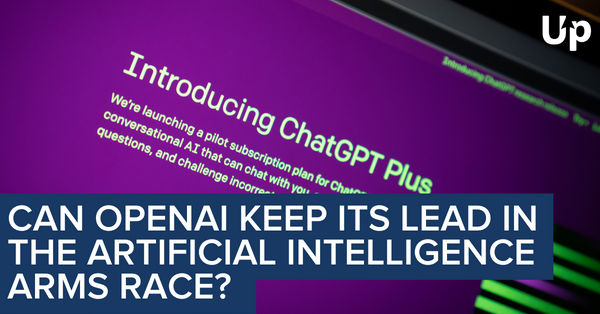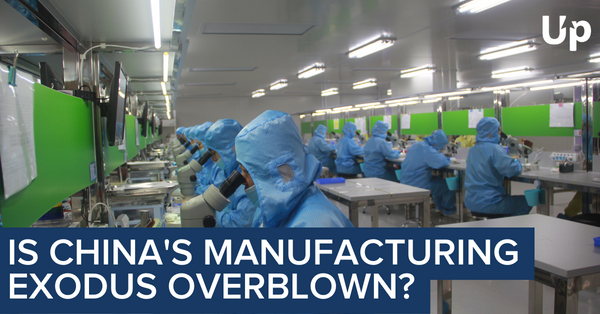OpenAI: A Guide for Investors' Common Questions

Following the launch and mass adoption of ChatGPT, OpenAI is on pace to become a household name. In response, companies have inked strategic partnerships with OpenAI, made large investments, and former OpenAI team members are now raising huge sums of money from venture capital firms looking to cash in on the AI investment craze.
With billions flowing into the company, it suggests the market believes OpenAI may be a category leader for years to come. Only the future will tell us if buying shares in OpenAI today will be a profitable strategy. However, there are some idiosyncrasies of OpenAI, including its corporate structure which could radically impact any investments made into the company.
Below we answer some core questions about OpenAI and things to consider when making an investment in the firm. It is important to note that the terms of a given investment will be controlled by the associated offering documents and the information provided herein, is intended to be an accurate summary of the information available as of early March 2023.
Common Investor Questions Related to OpenAI
What does OpenAI do?
OpenAI’s website, states that “OpenAI is an AI research and deployment company. Our mission is to ensure that artificial general intelligence benefits all of humanity.”
OpenAI leverages artificial intelligence and related technologies to build products that are primarily delivered via API. ChatGPT is a language model that generates text, DALL·E 2 generates images from a text description, and Whisper can transcribe speech into text and translate many languages into English.
What is OpenAI’s ChatGPT?
ChatGPT is a language model that interacts with users in a conversational way. ChatGPT has become wildly popular. It reached 100 million users just two months after its launch. In comparison, it took TikTok nine months and Instagram over two years to reach that same milestone.
Is OpenAI a public company?
OpenAI is a private company and its shares are not traded on any public stock exchanges at this time.
This means only private investors, that qualify and have the opportunity to invest in OpenAI can buy stock in the company.
Does OpenAI have stock?
Yes.
OpenAI has a cap table and has offered shares to various investors and insiders.
In January 2023, OpenAI was in “talks to sell existing shares in a tender offer that would value the company at around $29 billion.”
When is OpenAI going public?
There have been no concrete announcements about OpenAI going public.
Given the recent tender offer and investment by Microsoft, it seems unlikely that OpenAI would IPO in the immediate future, however, anything is possible.
Typically, a firm like OpenAI would first file an S-1 well before its shares are traded on a public exchange.
How do I invest in OpenAI?
Because OpenAI is a private company, you cannot buy shares on an exchange like the Nasdaq or NYSE.
Currently, the only way to buy shares in OpenAI is by acquiring them through a private-market transaction. Typically, this means buying shares from an employee, OpenAI directly (tender offer), or from an early OpenAI-investor, like a venture capital firm.
It is important to note that share classes and restrictions on shares can vary greatly. Any investor should do their due diligence to assure they are eligible to hold the shares they are purchasing and that the shares they are purchasing have the expected and appropriate legal structure and investor protections.
Is OpenAI a non-profit?
No.
OpenAI is not a non-profit. OpenAi is a “capped” for-profit company.
OpenAI was a non-profit from its founding in 2015 through 2019 when it transitioned to a for-profit organization.
Why did OpenAI transition to for-profit?
In a blog post dated March 11, 2019, OpenAI stated that they made the transition “to increase our ability to raise capital while still serving our mission.” And because “no pre-existing legal structure we know of strikes the right balance. Our solution is to create OpenAI LP as a hybrid of a for-profit and nonprofit—which we are calling a “capped-profit” company.
In summary, OpenAI transitioned to a hybrid for-profit model to raise more capital from investors while still trying to honor its original mission of “ensuring that safe artificial general intelligence is developed and benefits all of humanity.”
What is OpenAI’s corporate structure?
In that same March 11, 2019, blog post, OpenAI explained its corporate structure as follows:
What is the cap on OpenAI shares?
OpenAI states that “economic returns for investors and employees are capped (with the cap negotiated in advance on a per-limited partner basis).” This means that “[a]ny excess returns go to OpenAI Nonprofit.”
Is the OpenAI return cap 100x for all shareholders?
Not necessarily. Based on past statements from OpenAI, it seems most likely that the cap rate will depend on how early you invested.
Returns for OpenAI’s “first round of investors are capped at 100x their investment (commensurate with the risks in front of us), and we expect this multiple to be lower for future rounds as we make further progress.”
What does OpenAI’s cap mean for investors?
The return cap is a unique feature of OpenAI’s structure. The cap could have massive ramifications for investors, where their returns have a fixed upside and the cap on a given share will depend on when those shares were first purchased or acquired by the original holder.
To reiterate, in its 2019 blog post, OpenAI suggests that shares issued after the first round of investment will likely have a lower cap (less than 100x) implying an even lower ceiling for potential returns: “Returns for our first round of investors are capped at 100x their investment (commensurate with the risks in front of us), and we expect this multiple to be lower for future rounds as we make further progress.” (emphasis added)
Knowing the exact cap that is applicable to shares one purchases on the secondary market will be essential to determining what those shares are worth at the time of purchase and the potential economic upside of those shares if held to exit.
Did Microsoft acquire OpenAI?
On January 23, 2023, Microsoft announced it had extended its partnership with OpenAI. The announcement did not detail specific investment amounts or ownership interests, but it did state that this was “the third phase of our long-term partnership with OpenAI.” And that Microsoft was making a “multibillion-dollar investment to accelerate AI breakthroughs to ensure these benefits are broadly shared with the world.”
It was rumored that the total investment amount was around $10 billion and that “Microsoft may receive 75 percent of OpenAI’s profits until it secures its investment return and a 49 percent stake in the company.”
Is Elon Musk a part of OpenAI still?
No.
Elon Musk was part of the team that led the formation of OpenAI. In 2018, OpenAI announced that “Elon Musk will depart the OpenAI Board but will continue to donate and advise the organization.”
This announcement was likely related to a potential conflict of interest because Tesla, a company led by Elon Musk, was investing heavily in its AI research and development as well.
Conclusion
OpenAI has drastically increased the public’s awareness of artificial intelligence. The company has been a stalwart in the news cycle in early 2023 and has shown promise to transform the way we interact with technology for years to come.
We hope this basic overview of OpenAI, its organizational structure, and a summary of its core technologies and partners is helpful. Any investor looking to invest in an OpenAI, or any private company, should carefully review the offering documents as those ultimately control the terms of a given investment.
Disclaimer: Information provided by Upmarket Securities about the company and the financial instrument in this summary is for educational purposes only, and not intended to be nor should be construed or used as, investment, tax or legal advice, a recommendation, or an offer to sell, or a solicitation of an offer to buy, an interest, directly or indirectly in the Company. The source and data of the material are considered to be reliable. However, there is no guarantee of its accuracy or completeness. Upmarket Securities does not endorse the company nor its products, and any offer or solicitation of an investment in the company may be made only by delivery of Offering Documents and documents attached as exhibits to the Offering Documents. An investment in the Company may not be suitable for all investors. For a full list of offerings by Upmarket Securities LLC, please visit our website at upmarket.co.
About UpMarket
UpMarket's mission is to unlock the private markets for individual investors.
We provide access to a range of asset classes and investment strategies that span private equity, hedge funds, crypto, real estate, and other alternative assets.
The problem
- A large barrier to entry due to high investment minimums
- Time-intensive because sourcing deals is a lot of work even if you’ve got a great network, and
- Costly because of investment-related diligence costs, paperwork, and legal fees
The solution
- Offering lower investment minimums
- Sourcing and conducting diligence on opportunities for investors, empowering them to pick and choose from pre-screened opportunities
- Making the investment process entirely digital, straightforward, and easy to manage from a single portal

